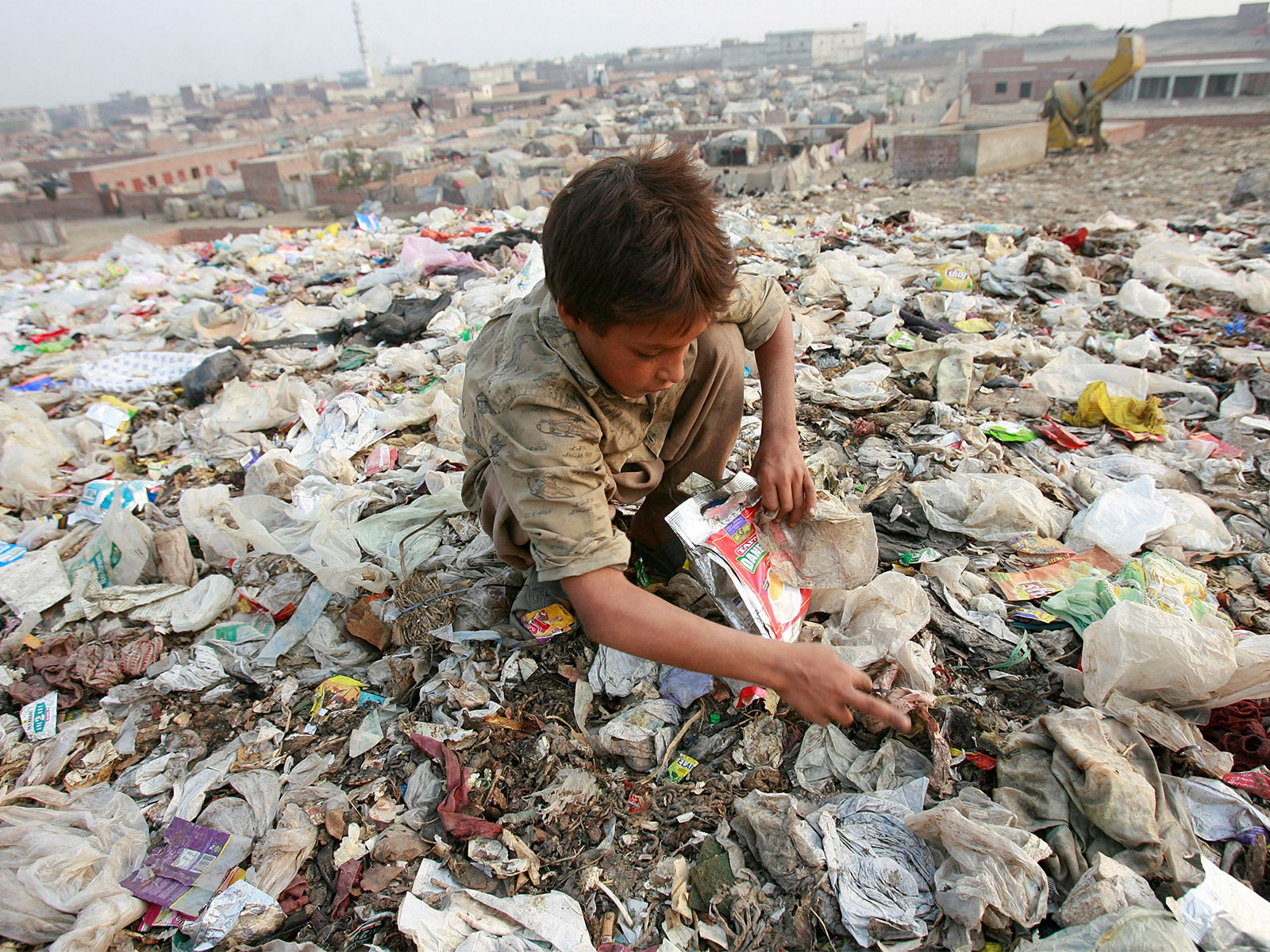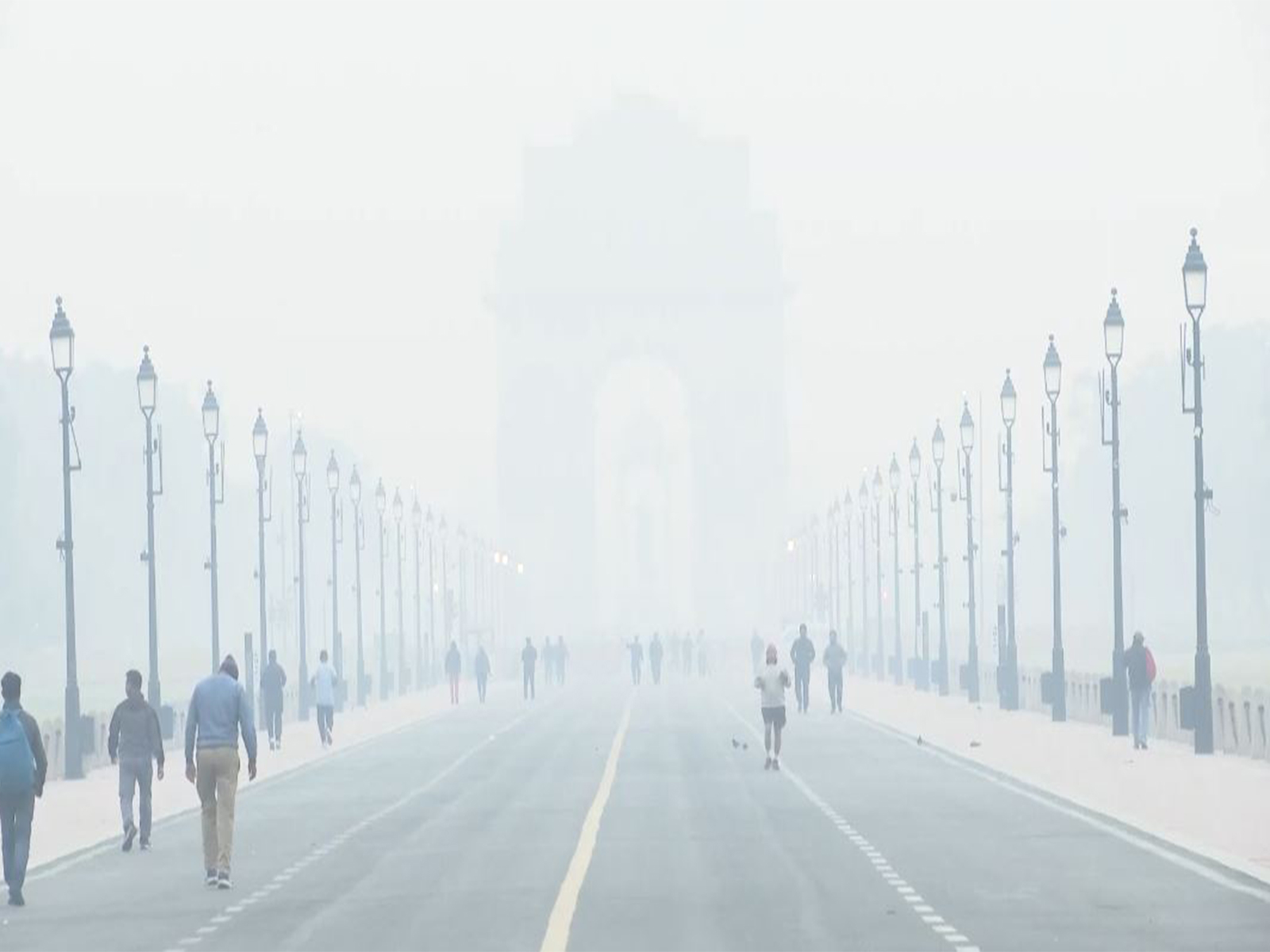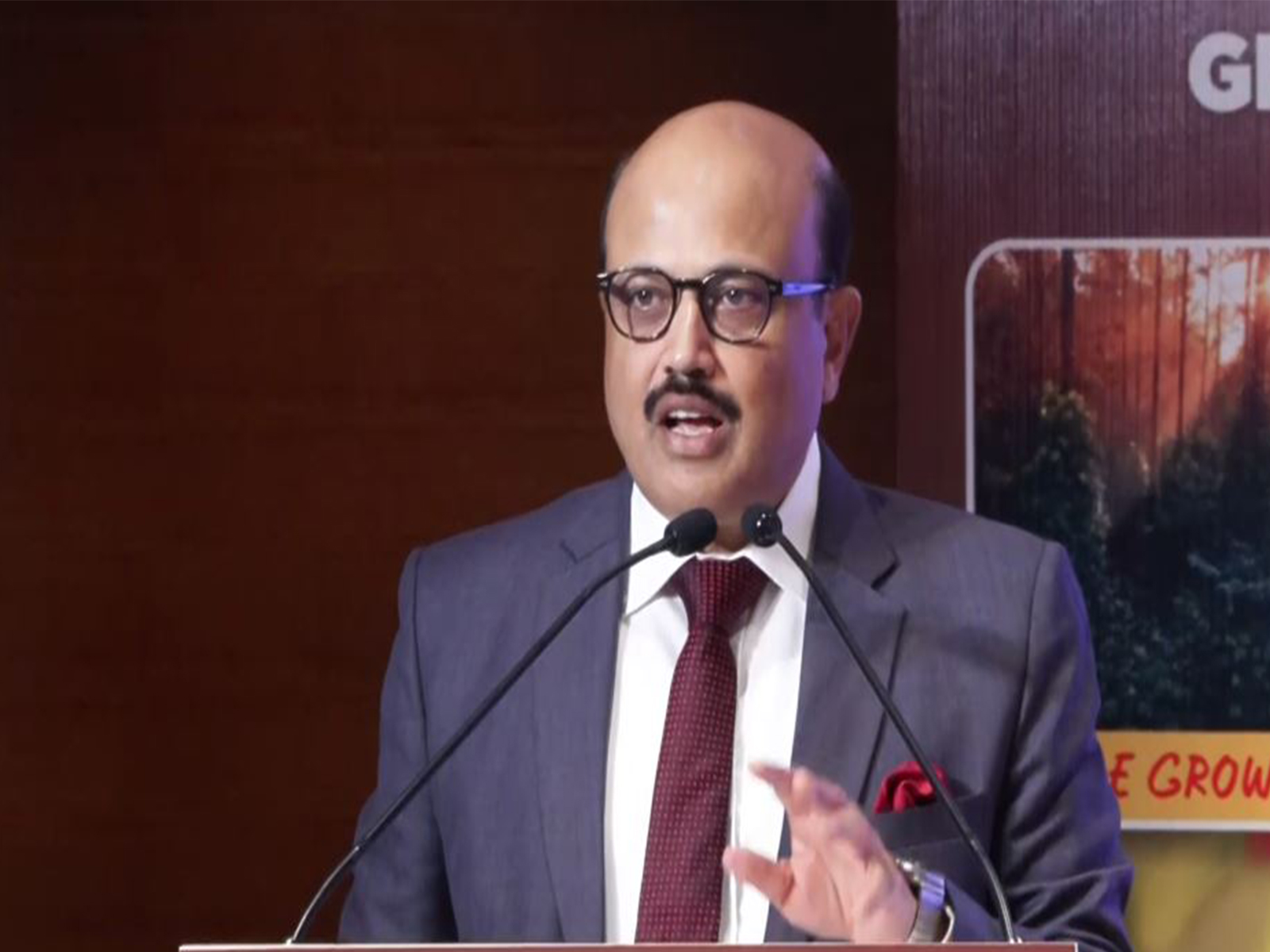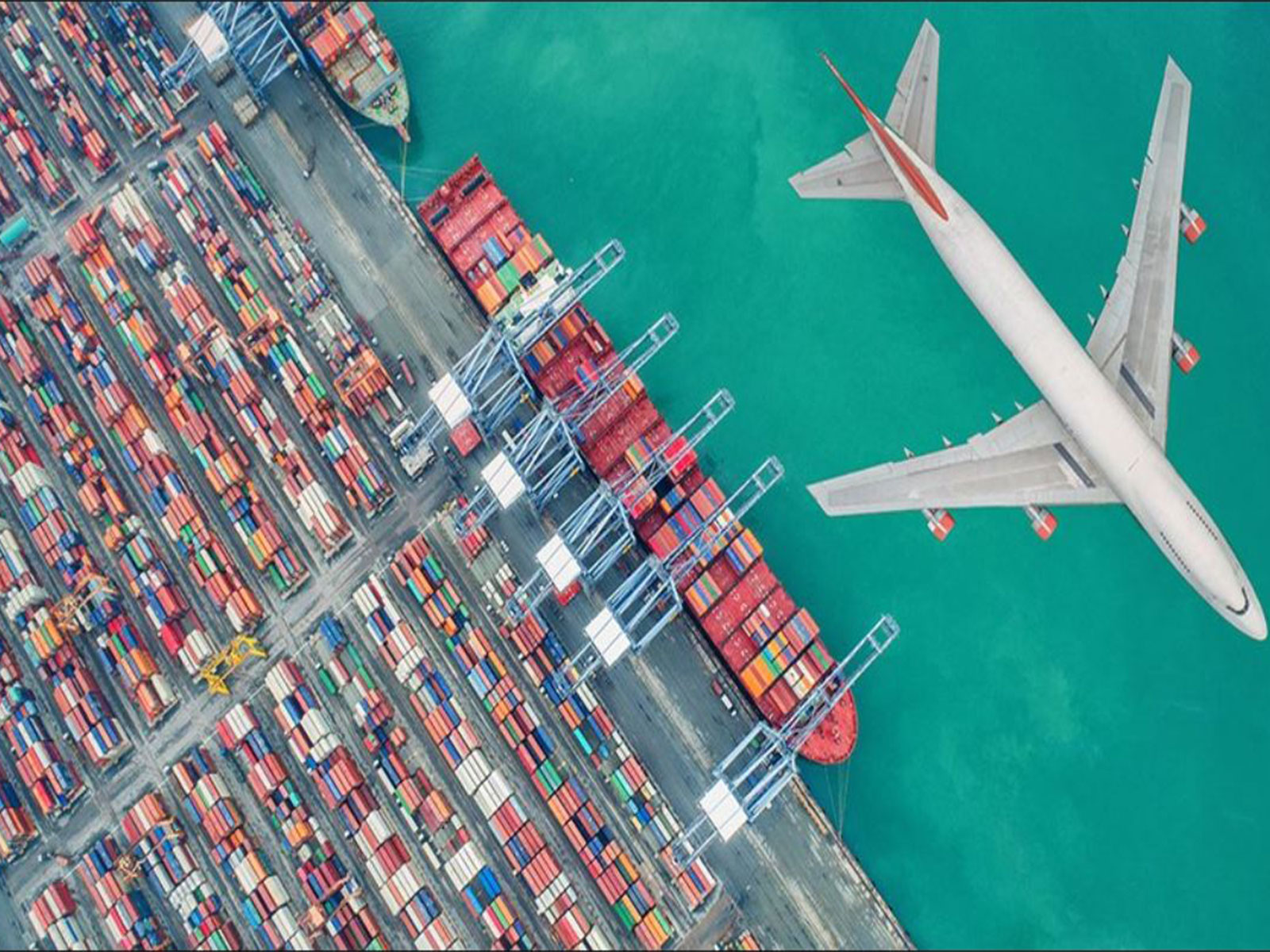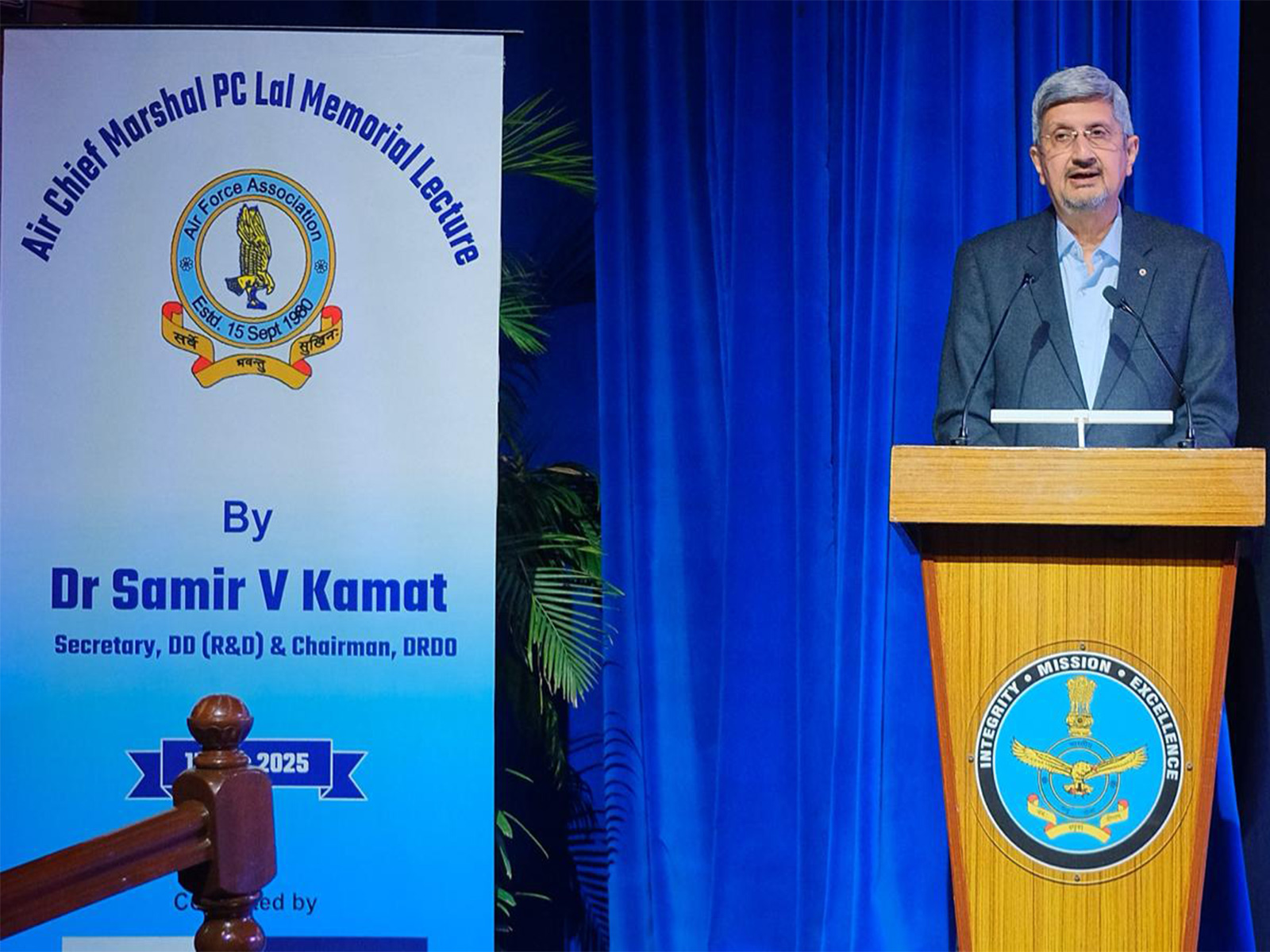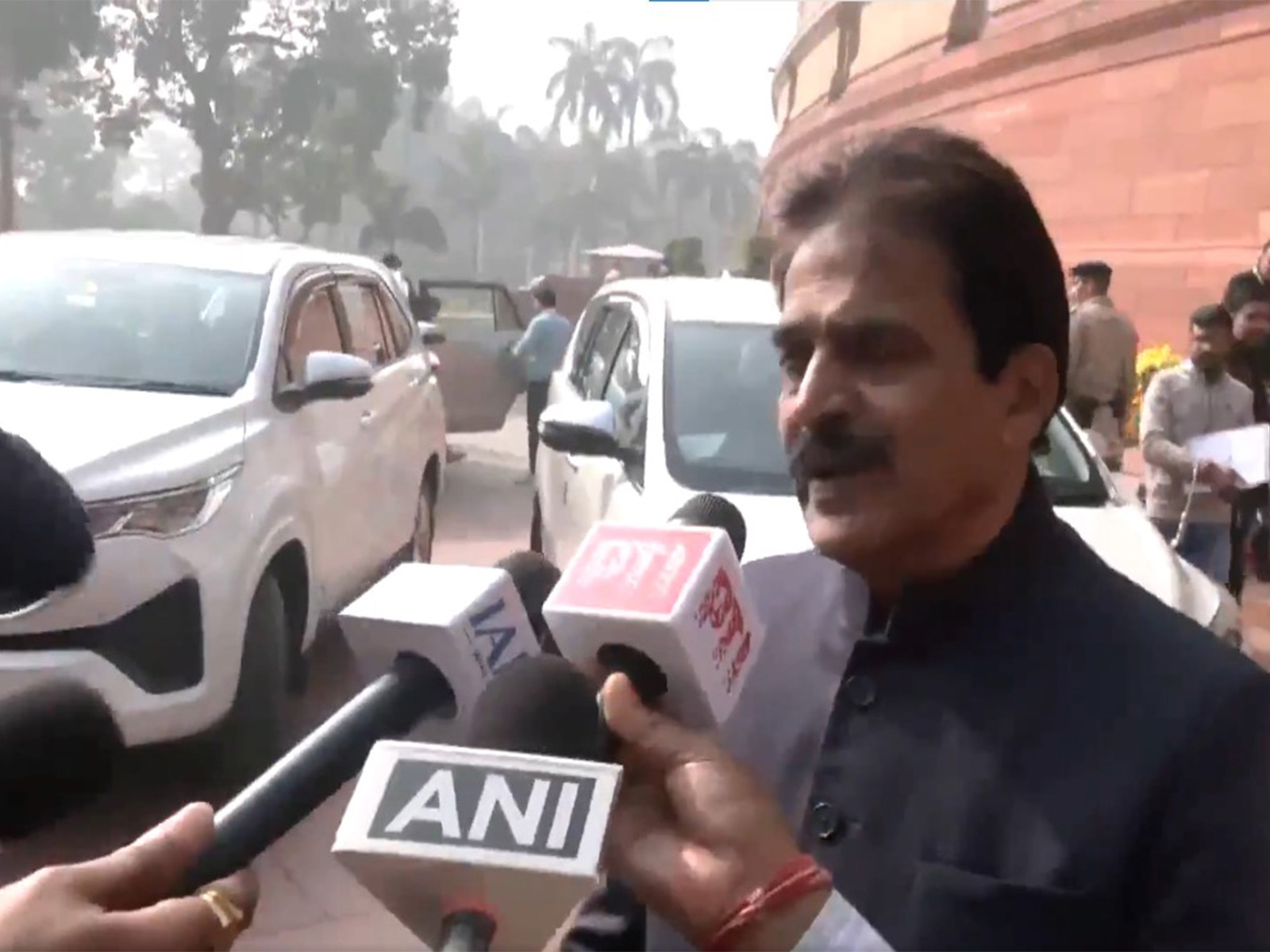Multiple blasts cast shadow on education of Afghan children
Apr 24, 2022

Kabul [Afghanistan], April 24 : Afghanistan's children are bleeding again, said Human Rights Watch (HRW) following the recent explosions in the crisis-ridden country.
Multiple bomb blasts on April 19 outside a high school and an education centre in Kabul's Dasht-e Barchi neighbourhood left at least six people dead and twenty wounded, including children.
The New York-based rights watchdog said this is just the latest assault on education in Afghanistan, which has traumatized families and dimmed hopes for their children's future.
From 2015 to 2019, the Global Coalition to Protect Education from Attack recorded more than 1,000 attacks on students, teachers, and schools in Afghanistan, making it one of the worst affected countries in the world. One of the most devastating occurred last May, when a girls' school, also in Dasht-e Barchi, was targeted by several bombs: 85 people died and 147 were wounded. Most of the victims were schoolgirls.
Dasht-e Barchi is home to Afghanistan's Hazara community, an ethnic group that has faced discrimination and abuse by both the Taliban and successive Afghan governments. In recent years, the Islamic State of Khorasan Province, the Afghan branch of the Islamic State armed group, has carried out many attacks on schools and mosques in the area.
According to the rights group, every attack on education has a ripple effect. The HRW states that fear stems from school bombings and other violence against students, such as acid attacks, stop children, especially girls, and their families from feeling able to pursue education.
"The school system is riddled with problems, including poor quality instruction, corruption, lack of female teachers, unaffordable costs, and lack of safe drinking water and toilets: all issues that have a disproportionate impact on girls," the HRW said.
Since taking power in August, the Taliban have dealt a devastating blow to the hopes of many children seeking a better future by banning girls' secondary education, limiting access to higher education for women and girls, and replacing secular subjects with religious ones.
The HRW called on the Taliban to ensure a credible and transparent investigation of these attacks and end their own violations of the right to education. "It is critical that the international community demands this of them."
